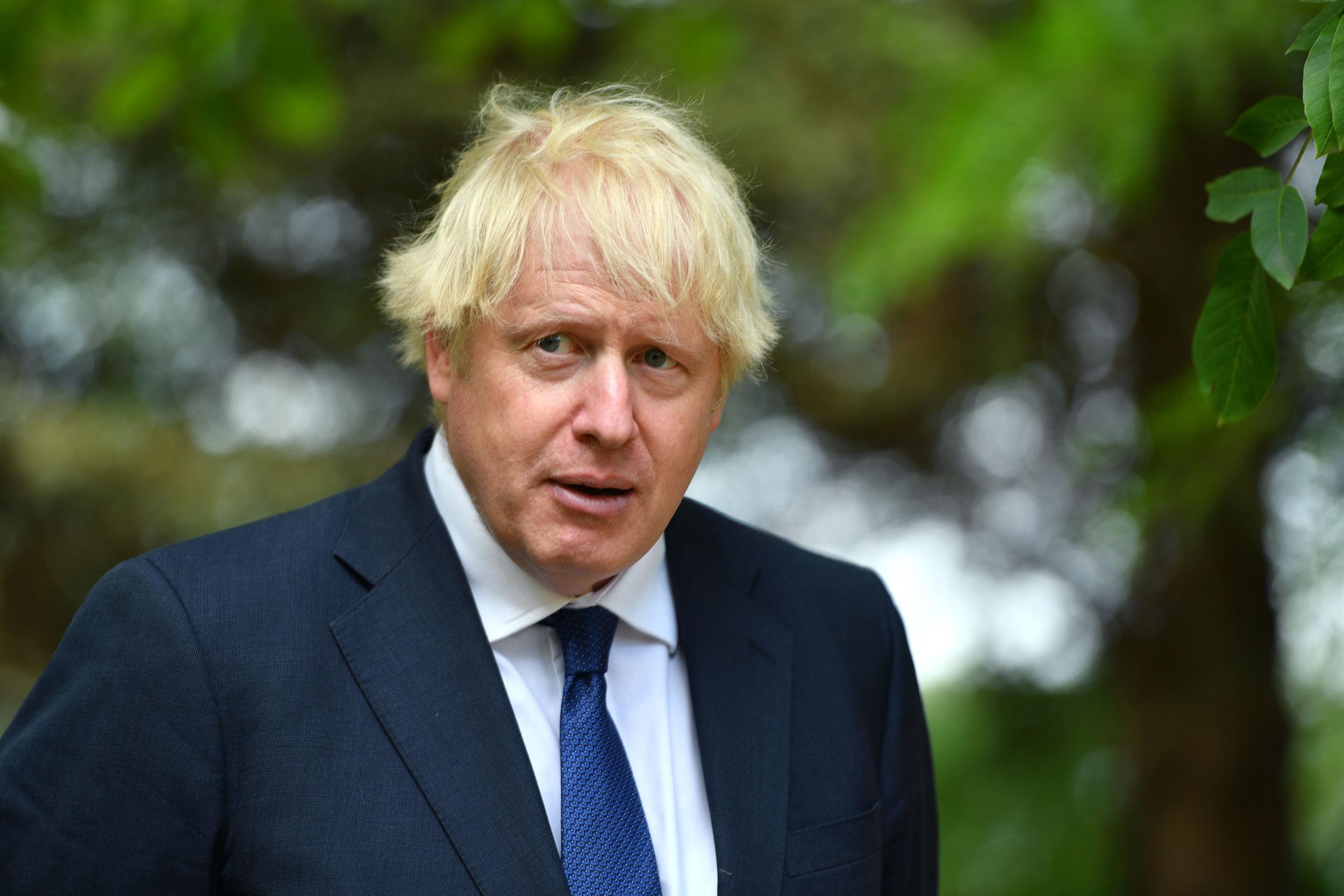We need a government minister dedicated to supporting our ageing population
If we as a society can’t fix how we look after our vulnerable when their lives are threatened by a pandemic, I cannot imagine when we ever will. Something needs to change, writes Sanjeev Kanoria

The great burden of the pandemic has fallen disproportionately on the elderly. Of the 46,000 deaths in the UK, 90 per cent were over 65, 22,000 of those were over 85.
When we look back at the coronavirus pandemic so far, too often there has been a failure to listen, which has lead to mistakes. A failure to listen to the right scientists led to a delayed lockdown. A failure to listen to local authorities meant people weren’t properly protected, allowing rapid spread of the virus.
One group the government must now listen to is older people. They have become highly visible in the outbreak, but despite their diverse experiences and the multiple ways they contribute to overcoming the crisis, their voices and concerns haven’t been heard. Older people are so valuable to their families and communities – they’re a source of generational wisdom, they increasingly contribute to the workforce, they volunteer, and they’re vital to our economy. Our response to and recovery from Covid-19 must respect their rights and not put them at greater risk of poverty, discrimination and isolation.
Getting old isn’t easy. Last year, Age UK revealed 1.5 million older people had unmet needs for social care, and that every day 2,000 distressed pleas for support from pensioners were rejected by local councils. Many feel overlooked and isolated, and things are getting worse.
A social care system is in place to support them. However, the system that entered the pandemic was underfunded, understaffed, undervalued and in need of fundamental reform.
In the decade before the pandemic, while health care budgets were ring-fenced and went up every year, funding for the care sector has fallen by £7bn since 2010. This underfunding meant care homes were ill-prepared to fulfil their vital role in reducing pressure on expensive hospital beds. It’s one of the reasons we have a higher death rate here than in European countries, where social care is well funded.
Care homes are still waiting for routine testing, proper PPE, and have a huge shortage of personnel. There are 122,000 vacant positions, and this is before EU citizens lose automatic rights to work here. Care workers have also been excluded from a post-Brexit fast-track visa system for health workers. Before the pandemic, people talked about the care home crisis. This crisis hasn’t gone anywhere. In fact, it’s become far worse.
The crisis outside care homes is rarely touched upon. Loneliness, health care, domestic abuse, housing, struggles with mental health, the rising cost of living, bereavement, paying for TV licenses, state pension changes, digital inclusion and scams are just some of the issues pensioners face every day. Amid the pandemic, health conditions, isolation and fear mean some of our elderly are at risk of being totally forgotten.
If we as a society can’t fix how we look after our vulnerable when their lives are threatened by a rapidly spreading infection, I cannot imagine when we ever will. Something needs to change.
Currently, there are 12 million people in the UK over 65. The number of those over 85 is expected to double to 3.2 million in 20 years and treble by 2066. Older people make up 40 per cent of the voting public and their lives are affected by decisions made in almost every government department. However, while they make their presence felt in the House of Lords, they have no appropriate representation in the ministry. England only has a minister for care, Helen Whately, and a minister for loneliness, Baroness Diana Barran.
We need a minister to lead on the policies that will support our ageing population. A politician with a clear mandate for action, who could deliver a coordinated approach across government departments and be held accountable. Someone to ensure older people receive the support they need to live comfortably, safely and with dignity.
This is an urgent and serious matter. Ageism is a reality. There are already signs of a backlash against old people that, if allowed to fester, would be a particularly unpleasant by-product of the pandemic. Generations are being pitched against each other in a blame game and views of older people, exacerbated by the media, are stained with prejudice. They are too often considered a burden rather than an integral part of society who should be supported. A dedicated minister would be able to support older people out of crisis into what should be a more attractive future, for everyone.
Dr Sanjeev Kanoria is a former NHS liver transplant surgeon and the owner of Advinia Health Care, one of the largest private care providers in the UK
Join our commenting forum
Join thought-provoking conversations, follow other Independent readers and see their replies
Comments